Recently updated on August 13th, 2023 at 08:36 pm
Germs are a part of life – especially when you’re travelling. Whether you’re going by plane, train, coach or boat, there are sure to be germs lurking around every tray table and door handle. While you can’t avoid all germs when you travel, there are plenty of ways to minimise your contact and increase your chances of having a healthy trip. From washing your hands regularly, to wiping down risky surfaces, here are our top ways to stay germ-free when travelling.
Wash your hands
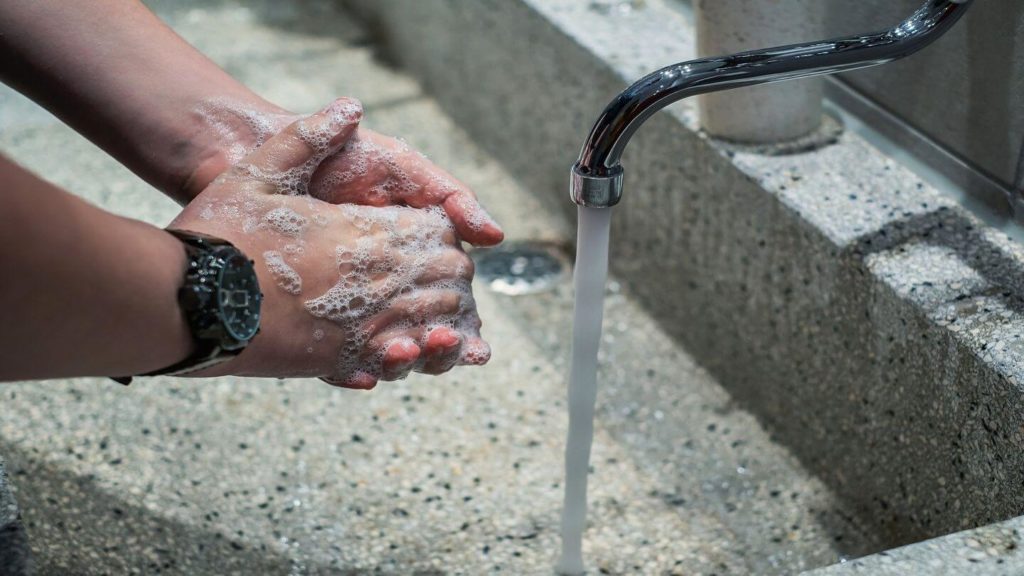

The very best way to stay germ-free when you’re travelling is to wash your hands regularly – and properly. The correct way to do it is to lather up with warm soap and water, scrub all parts of your hands for 20 seconds, then rinse and dry. You should also carry an alcohol-based sanitiser gel for when soap and water aren’t available. Make sure you rub the sanitiser all over your hands until dry.
Stay hydrated to stay germ-free
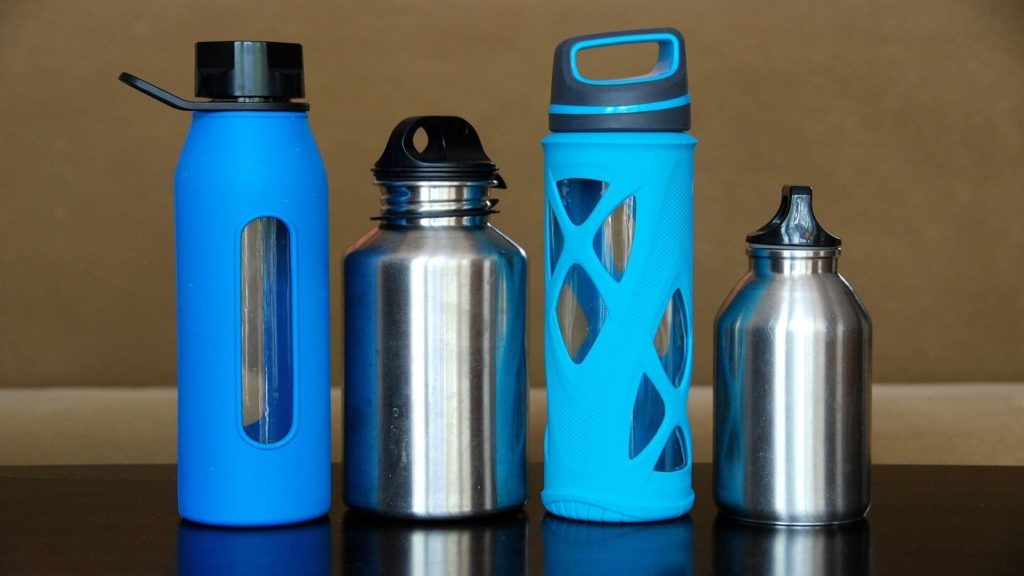

The inside of an aeroplane is a very dry place. Humidity levels can be as low as four to 20 per cent, or about half what most people are comfortable with. Your body is said to be deprived of up to 1.5 litres of water on a three-hour flight alone!
The lower humidity levels cause the skin and mucous membranes in your mouth, nose and throat to dry out. This is not good as the mucous is your first line of defence against germs and bacteria. When it dries out, your natural defence system is crippled, leaving you more vulnerable to catching cold and flu viruses.
The best way to avoid this is to load up on water before the trip and sip water throughout the flight. You could even enhance your water with electrolyte powder to really get your hydration levels up. While it’s a great idea to drink hot steamy beverages like decaffeinated tea, it’s best to skip carbonated drinks, caffeine and booze, as these are more likely to dehydrate you.
You’ll also need to give your eye and nasal passages some extra love. Pack a nasal spray and moisturising eye drops to help soothe and protect them from the low humidity levels. You could also bring a mist for your face or try breathing through a damp washcloth to keep your mucous defences extra strong.
Don’t forget your dental hygiene
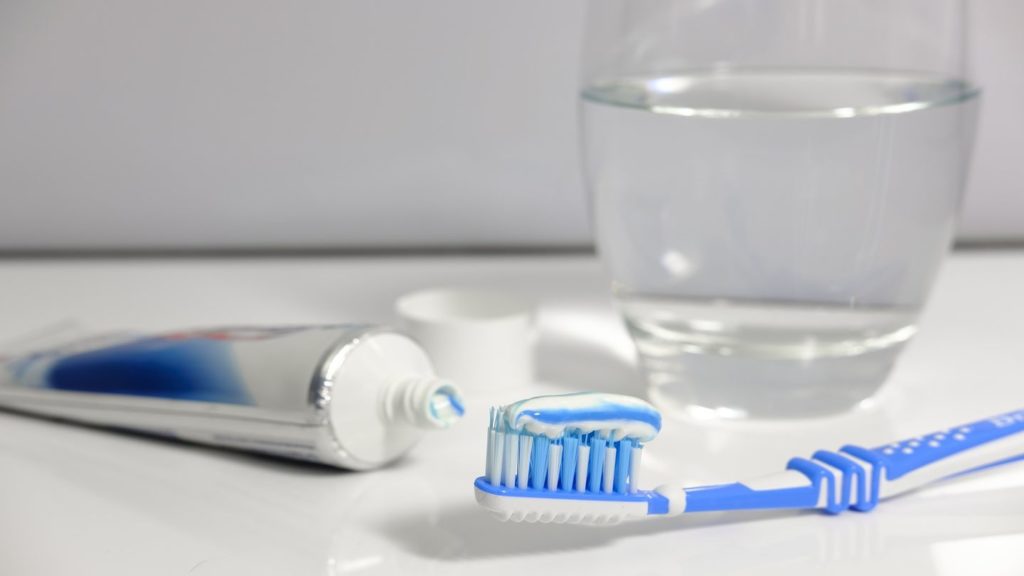

Add an extra layer of protection while travelling by keeping your mouth clean. Brush your teeth regularly when on a long flight – just remember to wipe down those germy bathroom surfaces first. You should also use a travel-sized, germ-killing mouthwash and don’t forget to floss. Your dentist will be impressed!
All this will help get rid of any bacteria, keep your throat moist, and keep your breath fresh. You can also wear a face mask to help prevent infection from airborne germs and to stop the spread of your own germs.
RELATED CONTENT: How to pack a first aid kit for travelling
Sanitise your space when travelling
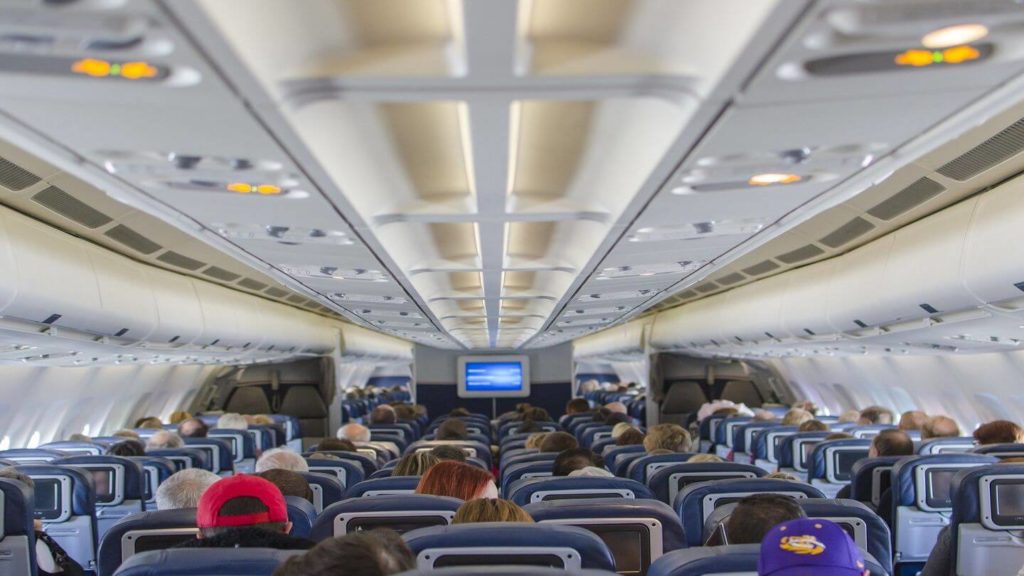

There are two ways that we can catch infectious diseases – by droplets in the air and by touching contaminated surfaces – so one of the best things to do for germ-free travel is to sanitise the surfaces around you. Bring some antibacterial wipes when flying to wipe down the dirtiest areas on an aeroplane. These include tray tables, seatbelts, armrests, overhead air vents and buttons, window shades, bathroom door handles and toilet flush buttons.
You can also wipe down other common surfaces like handrails on public transport and restaurant menus. Other high-risk places for germs when travelling are amusement parks and swimming pools. Since you can’t wipe down every germy surface here, it’s especially important to wash your hands regularly. Rinse off before and after jumping into pools and waterparks, as these are breeding grounds for skin viruses and conjunctivitis, and chlorine doesn’t kill all bacteria.
Stay up to date with vaccinations
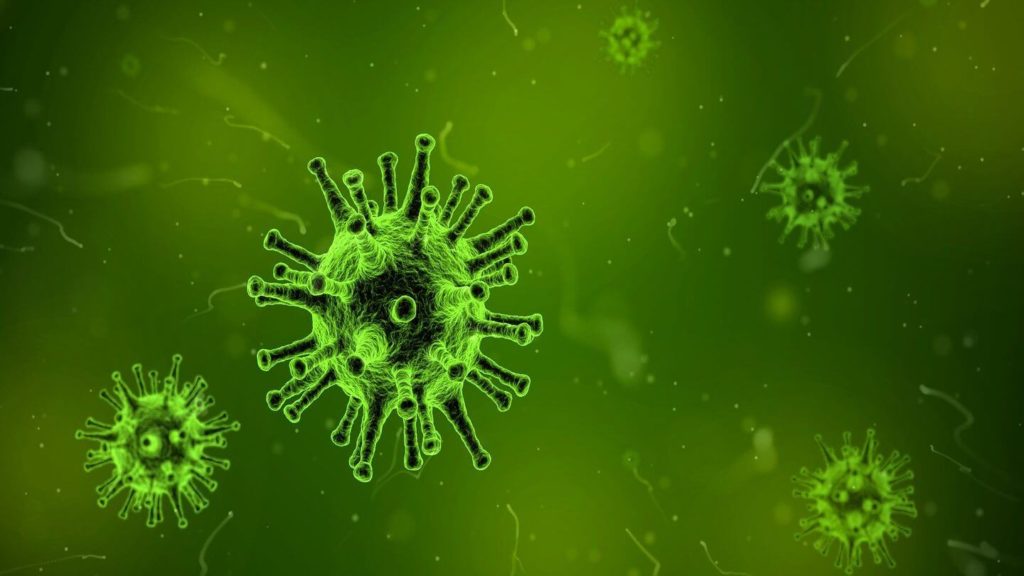

Before travelling internationally, it’s important to check if you need any vaccines or medications. You can get up-to-date recommendations from the World Health Organisation (WHO).
You can also check your national travel health advisories like Fit for Travel in the UK and the Centers for Disease Control and Prevention (CDC) in the US. While you’re there, check the latest travel health notices to find out about any disease outbreaks and healthcare accessibility in the destination you’re visiting.
Boost your immune system before and while travelling


If you’re wondering how to stay germ-free on the road, you can start taking precautions before you even jet off. Boost your immune system before you go by getting plenty of sleep and eating healthy foods rich in vitamins and minerals.
Keep these good habits up while travelling and drink plenty of water, eat healthy foods and get enough sleep. You could bring your favourite snacks from home instead of buying fast food, and even bring your favourite pillow to help you sleep better in unfamiliar places. Take care of your body, and it’s sure to take care of you!
Do you have any top tips on how to stay germ-free on the road? Let us know in the comments below!
Prepare for your trip ahead of time to reduce stress that can have a negative impact on your immune system.